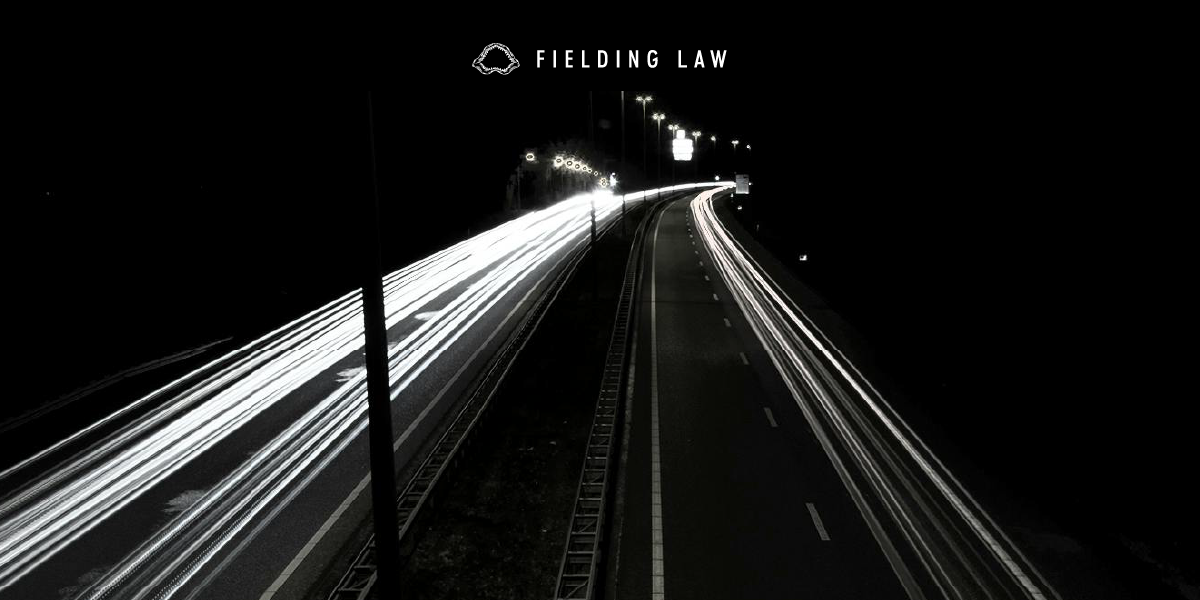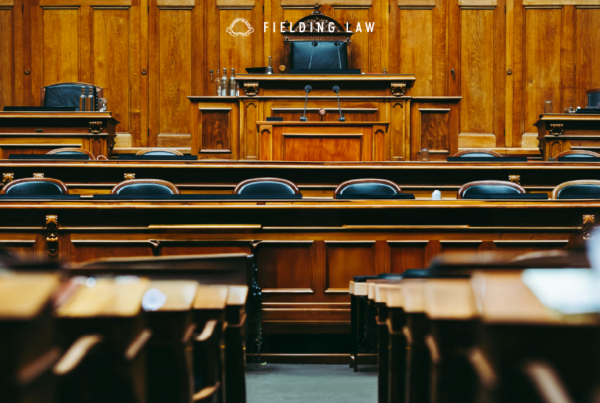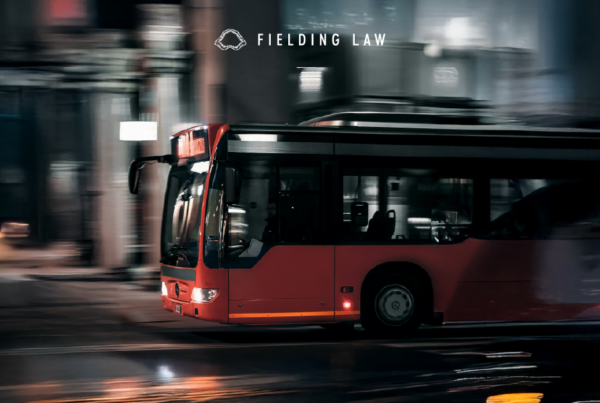Why Are Nighttime Accidents So Dangerous?
Driving at night significantly increases the risk of a serious crash. Even though fewer vehicles are on the road after dark, studies show that a nighttime accident is more likely to result in serious injury or death. Reduced visibility, fatigue, and a higher rate of impaired or reckless drivers all contribute to the danger.
In both California and Arizona, nighttime crashes are especially common on freeways, poorly lit streets, and rural roads.
Common Causes of Nighttime Accidents
There are many factors that make nighttime driving risky. Some of the most common causes of nighttime accidents include:
-
Low visibility due to darkness or glare
-
Drowsy drivers falling asleep at the wheel
-
Speeding or reckless driving
-
Poorly lit roadways or broken headlights
-
Pedestrians and cyclists who are harder to see
When visibility drops and reaction time is reduced, even a small mistake can lead to a serious crash.
What This Means for You
If you were hurt in a nighttime accident, do not assume it is harder to prove what happened. Whether you were rear-ended, sideswiped, or hit while walking, an experienced attorney can investigate the circumstances and determine who is responsible.
You may be entitled to compensation for:
It is important to act quickly. Evidence such as roadway lighting, surveillance video, and witness statements can disappear if not preserved early in the process.
Why Hire Fielding Law
At Fielding Law, we understand the serious impact a nighttime accident can have on your life. We have experience with low-visibility crash cases and know how to uncover details others might miss. From the moment you call us, our team will work to protect your rights and hold the negligent party accountable.
We approach every case with compassion, professionalism, and a strong commitment to results.
If you or a loved one was injured in a nighttime accident,call 833.88.SHARKor contact Fielding Law for a free consultation.
Note: Information provided is for educational purposes and does not constitute legal advice. Always consult with a qualified attorney for legal concerns.





